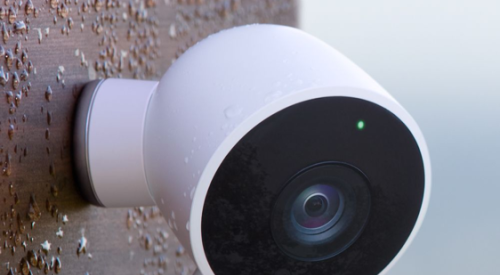Initially, home builders looking to elevate their game saw Google Nest as the path to integrating smart home technology into their work. But now they are turning away from the tech giant as Google moves to lock customers into its product by tying Nest to Google Assistant and limiting compatibility with other devices. Forcing Nest customers to use Google Assistant is just one more concern home builders have, joining issues such as device security and the privacy of customer data.
The Alphabet Inc. unit bought Nest in 2014 for $3.2 billion to enter the smart-home market. Nest has become one of the largest makers of internet-connected thermostats, smoke alarms and locks.
The devices were popular with builders who saw a Nest gadget as a way to increase the value of properties. But this year, that began to change as Google exerted more control over Nest and started changing the underlying technology.
As a more independent business, Nest developed software that helped its gadgets communicate with a wide range of products from other manufacturers, through accounts set up directly by users.
As of the end of August this year, however, consumers need a Google account — and access to the company’s voice-based Google Assistant service — to integrate new Nest products with other devices in their homes.
The move may help the internet giant weave its Google Assistant deeper into people’s lives. But for builders it’s just a pain because Nest devices no longer work so well with the other gadgets they install in homes, such as audio and entertainment systems, as well as alarms and other security gear. It’s also a less enticing user proposition with all the privacy permissions that Google Assistant requires.












